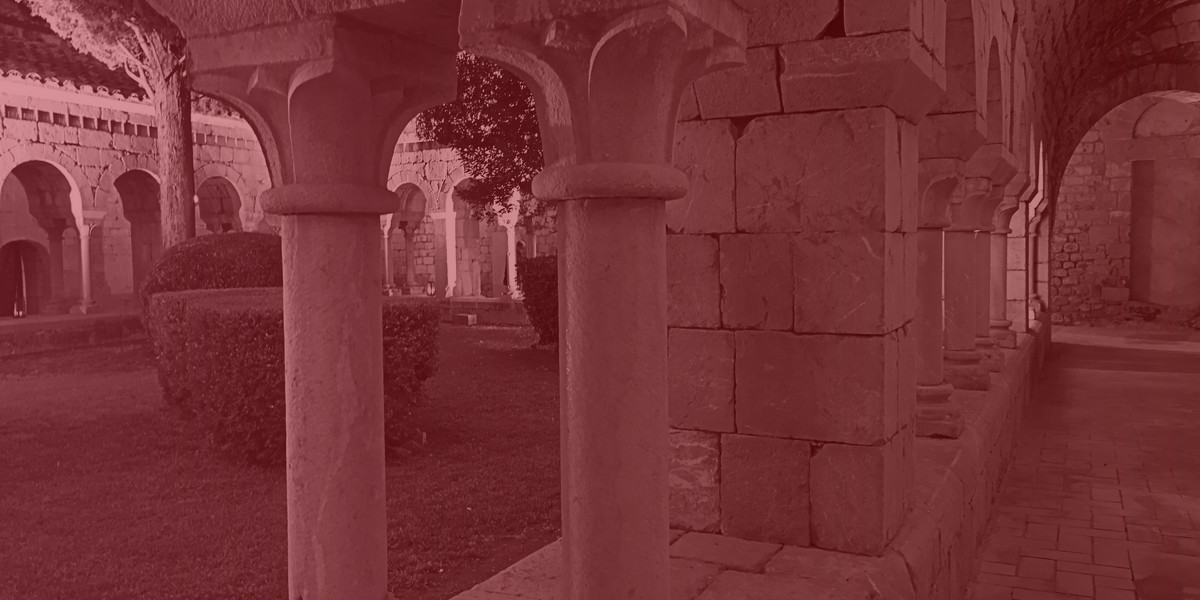
Emily Dickinson lived a retreated life for many years at the family home of Amherst, Massachusetts, protected from prying eyes. So quiet and private was her life that she only published ten of the 1800 poems she wrote. She didn't like the corrections the publishers made or intended her to make (because, if you allow me to use irony, any publisher would know more about those poems than the author herself), and she chose to continue writing for herself. It was only after her death in 1886, when her sister Lavinia discovered her papers and notebooks, that the poems began to be published.
Dickinson's work was received unevenly. Some people were enthusiastic about that very different poetry, and others considered it the eccentricity of the idle lady of a wealthy home. It appears that, although Lavinia commissioned the edition to trusted people who had known Emily well, their work was not accurate enough, likely because they often did not completely understand the poems. In 1955, Thomas H. Johnson's meticulous and new edition of Emily Dickinson's work revealed her as one of the most innovative and profound poetic voices of her era.
Emily Dickinson is also one of the most musicalized American poets. The composers rushed to put music to their poems, from Samuel Barber and Aaron Copland, still with the editions of the late 19th century, to Jonathan Dove and John Adams, including André Previn, our composer this week.
Previn is best known as a conductor and pianist, but he had a career as a composer as well. In fact, that is how he began. His family fled Germany during Nazism and settled in Los Angeles when the ten-year-old boy was still named Andreas Ludwig Priwin. Already nationalized American and with his new name, he joined the Metro Goldwin Mayer at the age of eighteen. Over the years, he would win four Oscars and be a candidate for the award seven more times. After a period of conducting, he resumed composition, and it was during this stage that he composed the Three Dickinson Songs (1999), of which we will listen to the second, Will there really be a morning?, performed by Scott Weir and Jan Czajkowski.
This cycle will be listened to in Vilabertran on August 21 at the recital of Julia Kleiter and Julius Drake. After the song, you will find the review of this recital and two others: the one of Erika Baikoff and Julius Drake on Tuesday 20 and the one of Gabriel Rollinson and Hartmut Höll on Thursday 22. On Tuesday 20 there also will be the first concert of artists Lied the Future, with the duos consisting of Èlia Farreras-Cabero and Lucas Huber Sierra, and of Inés López and Jesús López Blanco, but we don't know yet their repertoire. Will we see each other there?
Is there such a thing as day?
Could I see it from the mountains
If I were as tall as they?
Has it feet like Water lilies?
Has it feathers like a Bird?
Is it brought from famous countries
Of which I have never heard?
Oh some Scholar! Oh some Sailor!
Oh some wise men from the skies!
Please to tell a little Pilgrim
Where the place called morning lies!
Dimarts 20 d'agost: Erika Baikoff & Julius Drake
Dimecres 21 d'agost: Julia Kleiter & Julius Drake















Comments powered by CComment